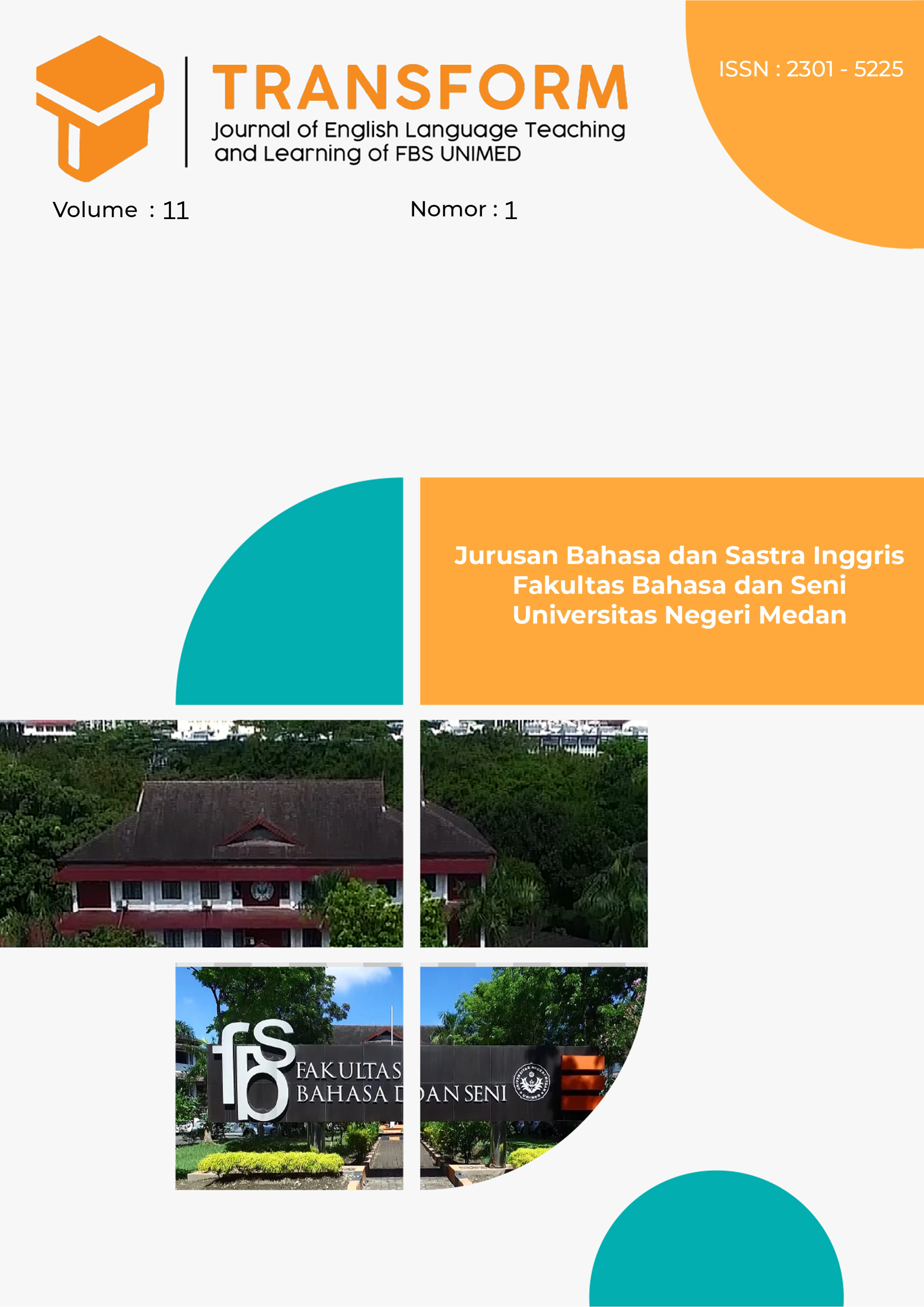Hate Speech Comments on Joe Biden™s Instagram Posts: Pragmatic Analysis
DOI:
https://doi.org/10.24114/tj.v11i1.43984Keywords:
Hate Speech, Joe Biden, InstagramAbstract
This study aimed to identifying the types of hate speech based on Mondal (2018) and the intentions of hate speech based on Kreidler (2002) in the comment section of Joe Biden™s Instagram posts. This study was conducted by applying descriptive qualitative method with thematic analysis. The source of the data is the hate comments from Joe Biden™s Instagram posts from 3rd November to 10th. The results of this research showed the classification of hate speech and the categorization of intentions of hate speech. From 150 data it was found there were 7 types out of 10 types of hate speech, they are 1 comment for type of Race, 57 comments for Behavior, 17 comments for Physical, 1 comment for Gender, 2 comments for Sexual Orientation, 6 comments for Disability and 66 comments for Other. However, for the intentions of hate speech, all comments contain all intentions that can be categorized. The intention that dominantly found is Insulting, Accusing, Mocking, Insinuating and Blaming.Downloads
Published
08-03-2023
How to Cite
Aulia, N., & Lubis, F. K. (2023). Hate Speech Comments on Joe Biden™s Instagram Posts: Pragmatic Analysis. TRANSFORM: Journal of English Language Teaching and Learning, 11(1), 12–20. https://doi.org/10.24114/tj.v11i1.43984
Issue
Section
Articles
License
Copyright (c) 2023 Nindi Aulia, Fauziah Khairani Lubis

This work is licensed under a Creative Commons Attribution-ShareAlike 4.0 International License.
Authors who publish with this journal agree with the following terms:
- Authors retain copyright and grant the journal right of first publication with the work simultaneously licensed under a Creative Commons Attribution License that allows others to share the work with an acknowledgment of the work's authorship and initial publication in this journal.
- Authors are able to enter into separate, additional contractual arrangements for the non-exclusive distribution of the journal's published version of the work (e.g., post it to an institutional repository or publish it in a book), with an acknowledgment of its initial publication in this journal.
- Authors are permitted and encouraged to post their work online (e.g., in institutional repositories or on their website) prior to and during the submission process, as it can lead to productive exchanges, as well as earlier and greater citation of published work (See The Effect of Open Access).
- This work is licensed under a Creative Commons Attribution-ShareAlike 4.0 International License.








